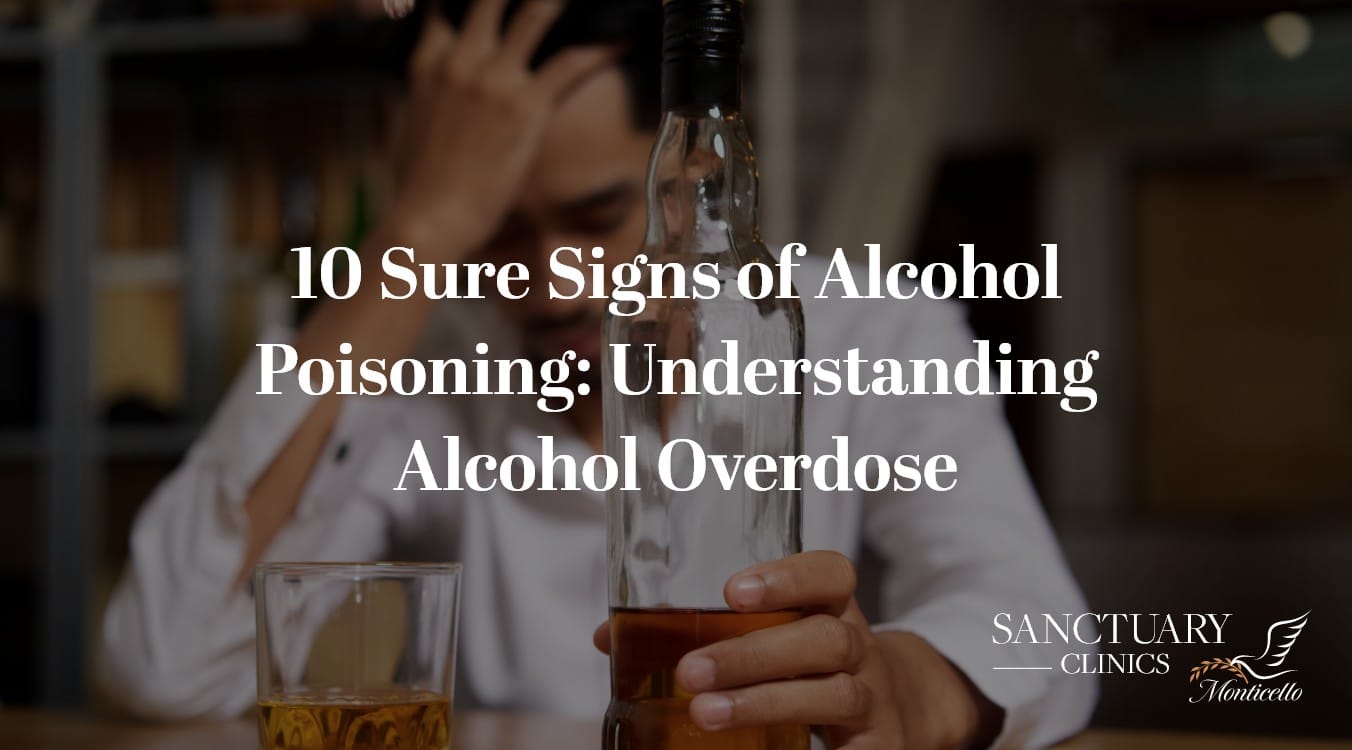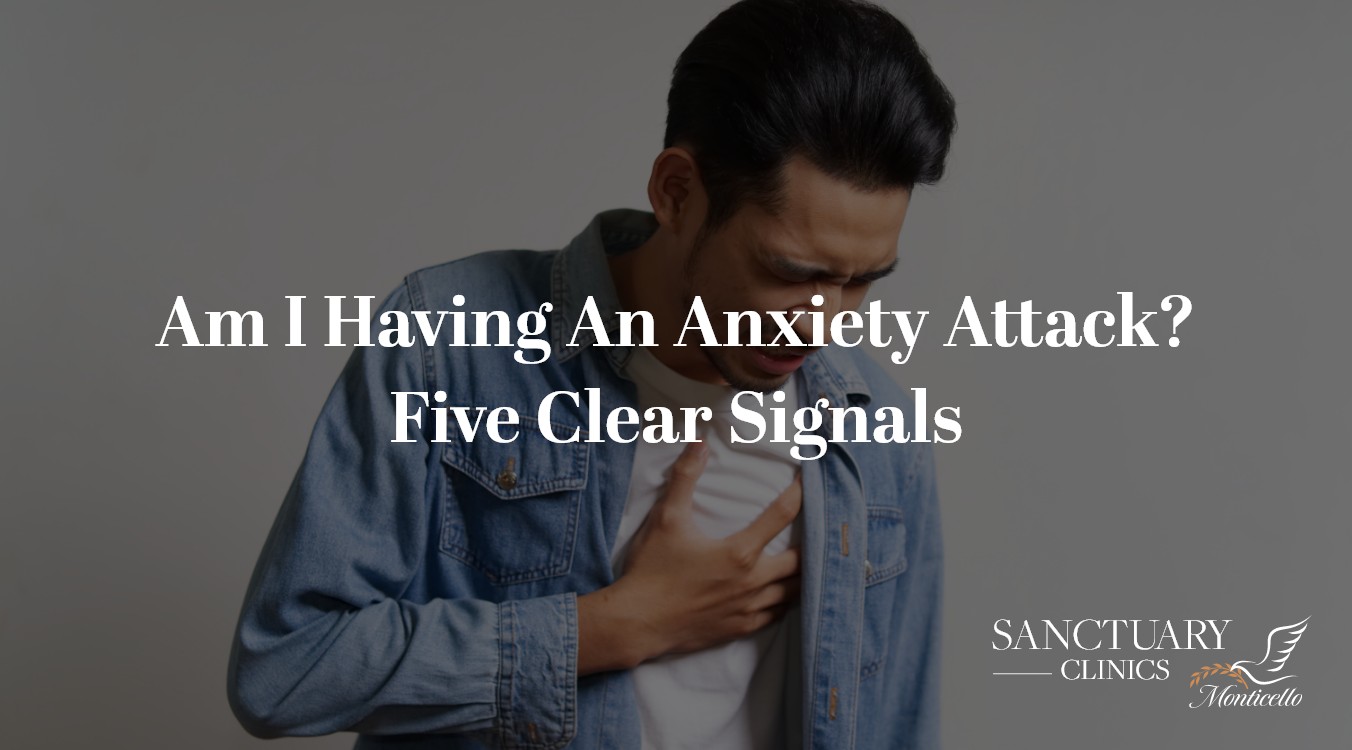Crying is a natural response to various emotions and experiences, but what does it mean if you find yourself crying for no reason out of nowhere?
Many people have experienced this phenomenon of randomly getting upset and shedding tears without a clear trigger, and it can be both confusing and unsettling.
Understanding the underlying factors contributing to this unexplained crying can help shed light on your situation and guide you towards finding appropriate coping strategies.
What does it mean if you cry for no reason out of nowhere?
Unexplained crying can be a symptom of underlying mental health conditions, hormonal fluctuations, neurological conditions, or it can be a response to accumulated stress or unresolved emotions. Occasional episodes of unexplained crying are relatively common and may not always indicate a severe problem.
However, if you frequently experience unexplained crying or it significantly affects your daily life and functioning, it is time to seek help from a mental health professional.
They can evaluate your symptoms, provide a proper diagnosis, and develop an appropriate treatment plan for your situation.
Why do I randomly get upset and cry?
Randomly getting upset and crying can be a confusing experience. It may leave you wondering why your emotions are so fragile, and so quickly leading to tears.
Perhaps it is for one of the reasons listed above, or perhaps you are experiencing extreme emotional sensitivity.
Some people develop a heightened sense of sensitivity to emotions, both their own and the emotions of others. This can result in a sudden onset of tears. Stress and pressure can also contribute to unexplained crying episodes.
What is anxiety crying?
Anxiety crying is when anxiety symptoms become overwhelming, which can manifest itself in unexplained crying.
The stress and strain associated with anxiety can overwhelm your emotions, leading to tears.
What is the pseudobulbar affect?
The pseudobulbar affect (PBA) refers to a neurological condition where people have difficulty controlling their emotional responses, resulting in uncontrollable crying or laughter.
PBA is often associated with certain medical conditions such as traumatic brain injury or neurodegenerative diseases.
PBA can cause emotional responses which are disproportionate to the situation at hand, leading to unexplained crying episodes.
Get Help Today.
We are here to help you through every aspect of recovery.
Let us call you to learn more about our treatment options.
We are here to help you through every aspect of recovery. Let us call you to learn more about our treatment options.
Reasons for why you’re crying
1. Depression – Depression is a disorder characterized by persistent feelings of sadness, loss of interest, and a lack of pleasure in daily life. People with depression often experience a range of emotions, including sudden bouts of uncontrollable crying.
2. Anxiety – Anxiety can cause crying through various mechanisms, as it can significantly impact our emotions and overall well-being. When anxiety becomes overwhelming, it can lead to a range of emotional responses, including crying. Anxiety can cause heightened emotional sensitivity, fear and worry, feeling overwhelmed, physical symptoms, negative self-talk, and emotional exhaustion, which all can lead to bouts of crying.
3. Bipolar disorder – Bipolar disorder involves alternating periods of depressive episodes and manic episodes, during which people may feel extremely sad and cry without a specific reason.
4. Hormones – Hormonal imbalances can also play a role in unexplained crying. Hormones, such as estrogen and progesterone, fluctuate throughout the menstrual cycle and can impact mood and emotions. During certain phases of the menstrual cycle, women may be more susceptible to experiencing unexplained crying due to hormonal changes. Additionally, postpartum hormonal changes can contribute to intense mood swings and unexplained crying in some new mothers.
5. Pseudobulbar Affect (PBA) – PBA is a condition characterized by uncontrollable emotional outbursts, including excessive crying or laughing. It often occurs because of neurological damage, such as traumatic brain injury or neurodegenerative diseases. People with PBA may find themselves crying unexpectedly, even when they don’t feel sad or upset.
When to get help for unpredictable crying
If you are experiencing unpredictable or unexplained crying to the degree that it is causing distress or significantly impacting your daily life, it is a good time to seek help from a mental health professional.
Here are some indicators which can suggest it’s time to seek assistance:
1. Frequency and severity – If you find you are frequently experiencing unpredictable crying episodes and they are becoming more severe or intense over time, it may be a sign professional help is needed. Crying episodes which occur on a regular basis and are disruptive to your daily functioning warrant attention.
2. Interference with daily life – If unpredictable crying is interfering with your ability to carry out your usual activities such as work, school, relationships, or self-care, it is important to seek help. When your emotional responses become overwhelming and disruptive, it is essential to address the underlying causes.
3. Duration – If the unpredictable crying episodes persist for an extended period, such as several weeks or longer, it is advisable to reach out for assistance. Crying for no apparent reason for an extended duration may indicate an underlying condition or emotional distress which requires professional attention.
4. Impact on emotional well-being – If the unpredictable crying is causing significant distress, sadness, or emotional turmoil, it is a sign seeking help is necessary. Emotional well-being is a vital aspect of overall health, and when emotions feel unmanageable or overwhelming, professional support can provide guidance and strategies for coping.
5. Other symptoms – If the unpredictable crying is accompanied by other concerning symptoms, such as persistent feelings of sadness, changes in appetite or sleep patterns, loss of interest in activities, or thoughts of self-harm or suicide, it is crucial to seek help immediately. These symptoms may indicate a more serious mental health condition which requires urgent attention.

Why do people cry for no reason?
If you find yourself crying for no reason, it is important to consider seeking help from a mental health professional.
They can help assess your symptoms and determine if there are underlying mental health conditions or medical conditions contributing to your experience.
Therapy, medications, or other interventions may be effective treatments based on your diagnosis.
What is crying for no reason a symptom of?
Crying for no reason can be a symptom of depression, anxiety, bipolar disorder, hormonal imbalances, PBA, stress, and emotional overload.
It’s essential to recognize that crying for no reason can also occur in people without any specific underlying condition as well. Sometimes, people may experience occasional episodes of unexplained crying due to a combination of factors like emotional sensitivity, situational stressors, or a momentary surge of emotions.
This further emphasizes the need for getting a proper diagnosis if you or someone you love is experiencing unexplained bouts of crying.
How to cope with unexpected crying responses
Learning effective coping strategies can also assist you in managing unexpected crying responses.
Regular exercise, engaging in activities which bring joy, practicing mindfulness and relaxation techniques, and building a strong support system can all contribute to improved emotional well-being.
Additionally, maintaining a healthy lifestyle which includes adequate sleep, proper nutrition, and stress management techniques can have a positive impact on mental health.
Get Help Today.
We are here to help you through every aspect of recovery.
Let us call you to learn more about our treatment options.
We are here to help you through every aspect of recovery. Let us call you to learn more about our treatment options.









